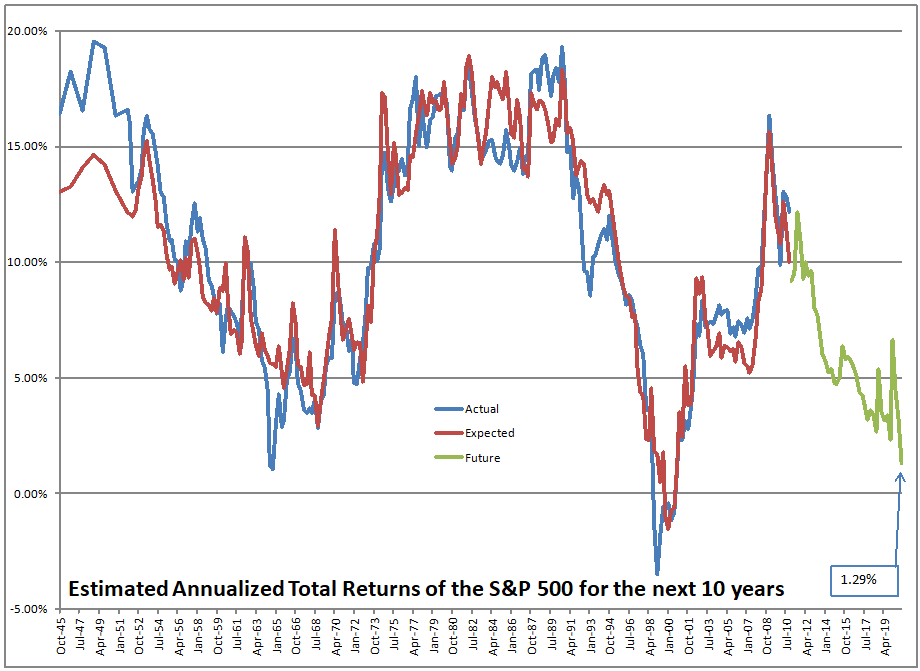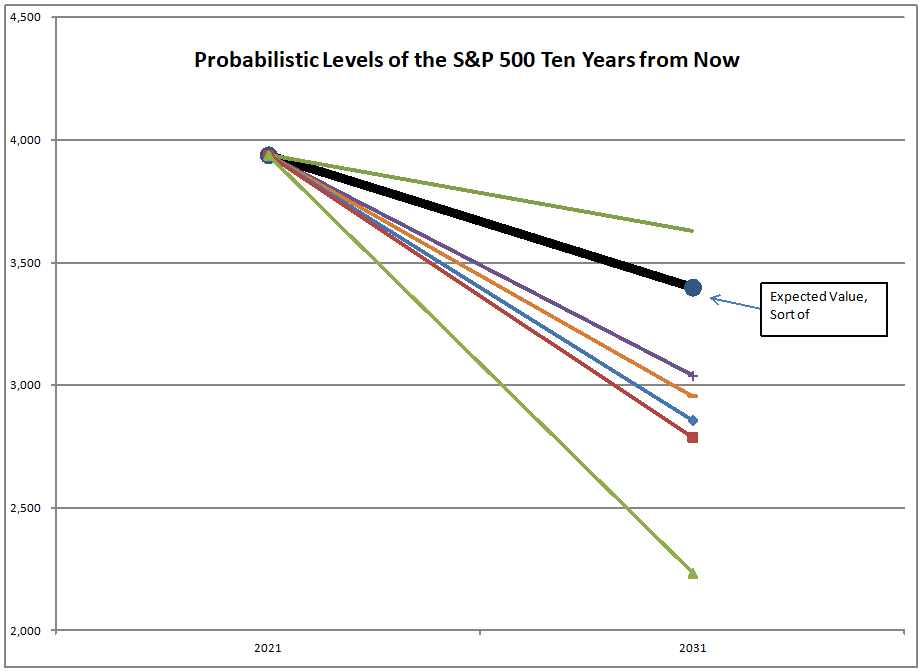Lose Less
Photo Credit: Bilal Kamoon || If you want to lose less physical property than your neighbor, do things to make your house a less desirable target — locks, better lighting at night, no obvious signs of wealth, security system, etc. But to protect your financial assets…
I believe in simplicity in investing. I think investors are ill-served by buying complex instruments in order to enhance return, or limit losses. I read about an example of this today called the [LINK] Infinity Q Diversified Alpha Fund. It invested in derivatives (specifically variance swaps) as well as vanilla investments and seemed to show some really good returns in 2020. The trouble was that either due to neglect or malign intent, some of the derivatives were overvalued. Now who could tell that they weren’t properly valued? Average investors certainly couldn’t. Well, some consultants and competitors had questions. Some of them talked to the SEC, and in February of 2021, this mutual fund had to suspend redemptions. Investors will likely take losses versus the last calculated net asset value as the fund liquidates.
But there are other ways to take too much risk. I believe that those investing in the broad stock market indexes are taking a lot of risk right now, and that it would serve them well to hold some bonds.
Yes, I heard arguments against this position in my last piece that I wrote on it back in the beginning of April. My position is that you do not hold bonds to make money – you use them to lose less money than you will by investing in broad market equities. They are dry powder for when the bear market comes. Can you predict when things will fail? When the bull market will end?
I certainly can’t. But I do know the tops are a process. I also know that toward the end of that process all manner of speculative variables are flashing red, but most market participants are either ignoring them, explaining them away, or saying that it’s different this time.
What I can tell you is this since the beginning of April the 10-year forecast for the S&P 500 has gone negative, and this does not take into account inflation. The current reading is that the model expects -0.25%/year over the next 10 years. At present the 10-year Treasury note is priced to return 1.57%/year. The odds are tilted in your favor at present of losing less money holding on to that ten-year Treasury than holding the S&P 500 over the next ten years.
If you are holding for 30 years, and know that you will never need the money for that length of time — yes, if your time horizon is that long you’re better off investing in stocks than investing in the 30-year long bond. Nonetheless, I think it would still be smart to hold 80% in stocks and 20% bonds because some were in that period you will get an opportunity to rebalance from stocks to bonds, and make some money in the process.
Now, what do I do for my clients and me in this situation? Well, for one, I am not invested in the S&P 500. I hold an eclectic portfolio of stocks spread across countries and industries, and generally in industries that are out of favor over the last five years. My portfolio does not march to the beat of the S&P 500. That gives me some comfort, even though for years I have underperformed the S&P 500. I think value is coming back, though I hold that idea weakly.
Then I hold some bonds — most of them are ultra-short. Some are foreign. Some are emerging markets. And I own an eclectic closed end fund trading at a discount that has a duration of about two. I think it’s very well positioned. And I’ve written about it before (point 5). Also here.
So when I say buy bonds, I’m not telling you to go and buy the Barclays’ Aggregate. I’m not telling you to go and buy $TLT. (Though maybe it might be good for speculation now.) 😉
In aggregate, the fixed income securities that I hold are single-A credit quality and blend out to an average duration of about one and a half years. This is pseudo-cash with a decent yield.
The concept of avoiding a bigger loss is a tough one for investors to consider. Most of us as investors are at least somewhat optimistic. I learned a lot in life sitting next to a junk bond manager who was pretty good at his game. Even when things look dark in the market he always had an intrepid disposition. He did not manage to limit losses, but to earn well over the cycle.
But it’s one thing to be managing other people’s money. It’s something different to be managing your own. Thus I think it is wise to take some equity money off the table now, and reinvest into bonds, or pseudo-cash, and wait for better days to invest in stocks.











